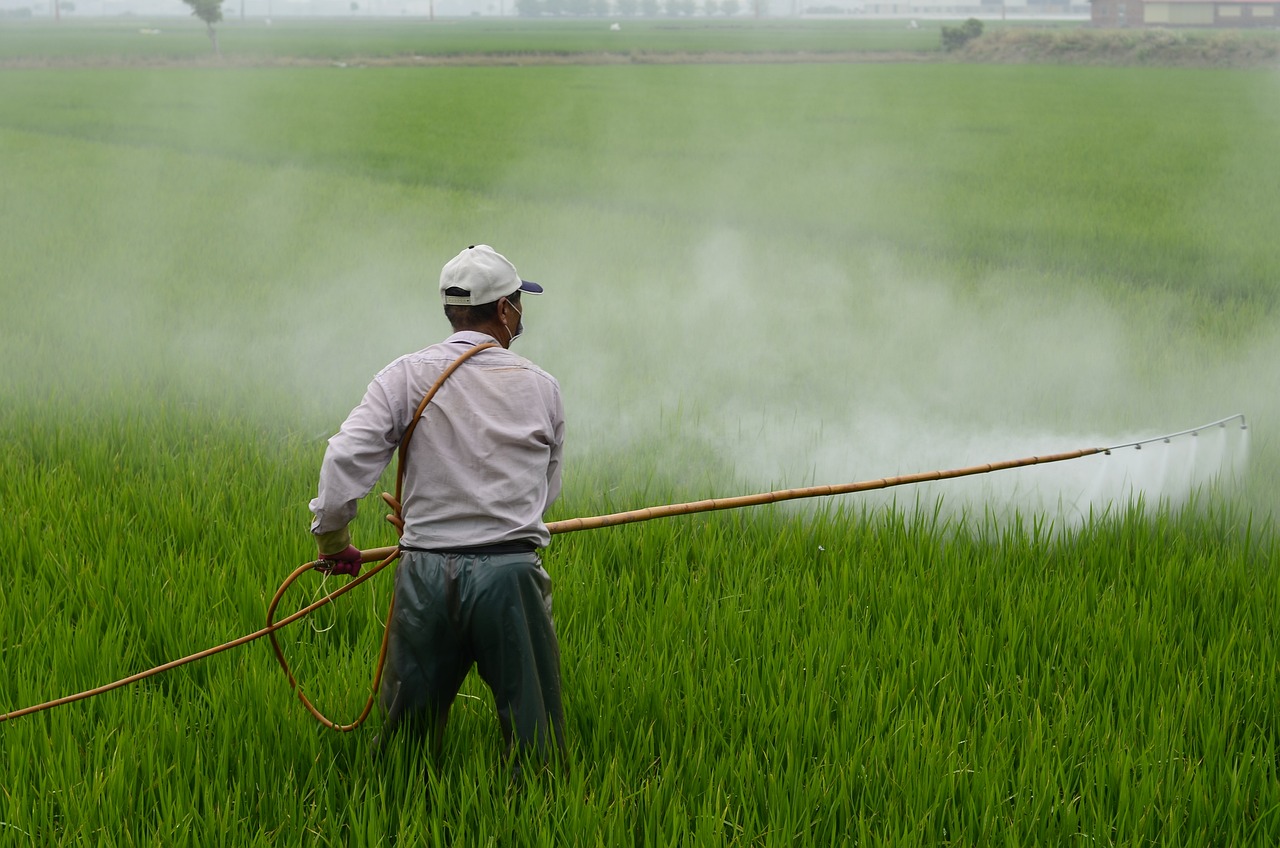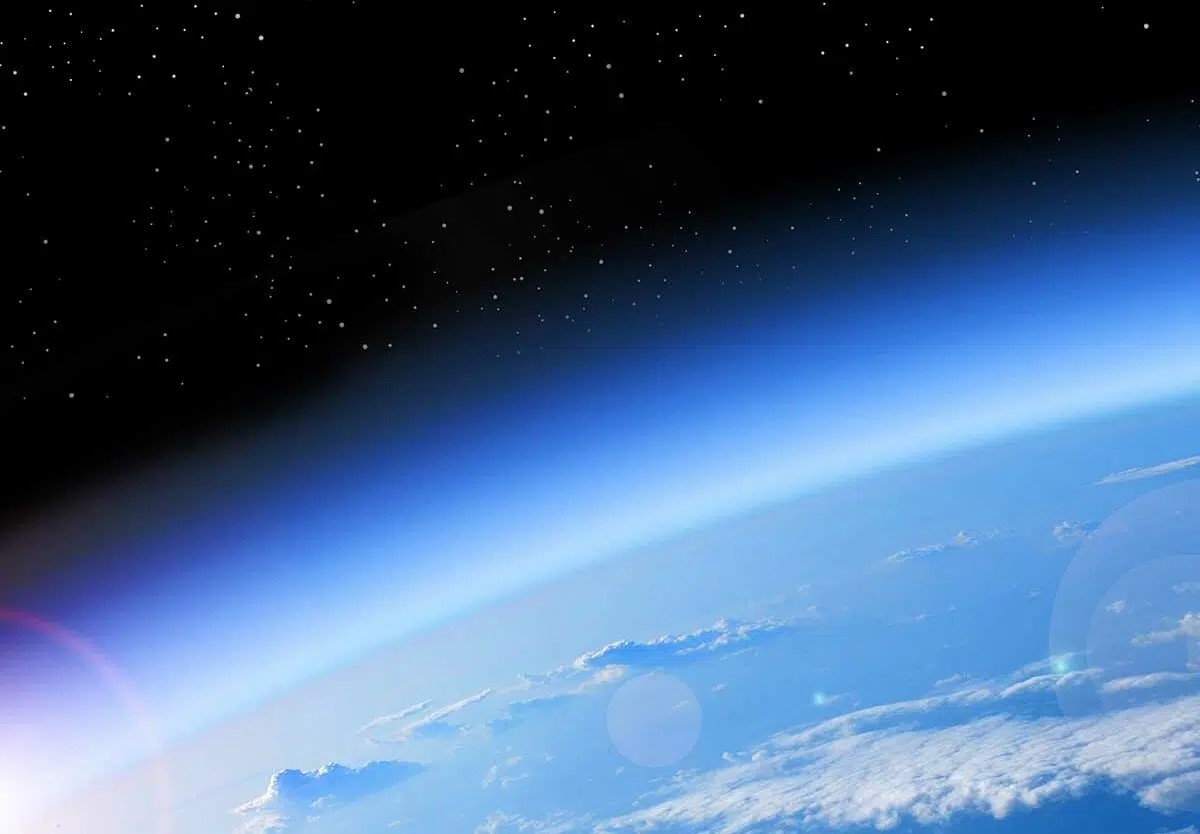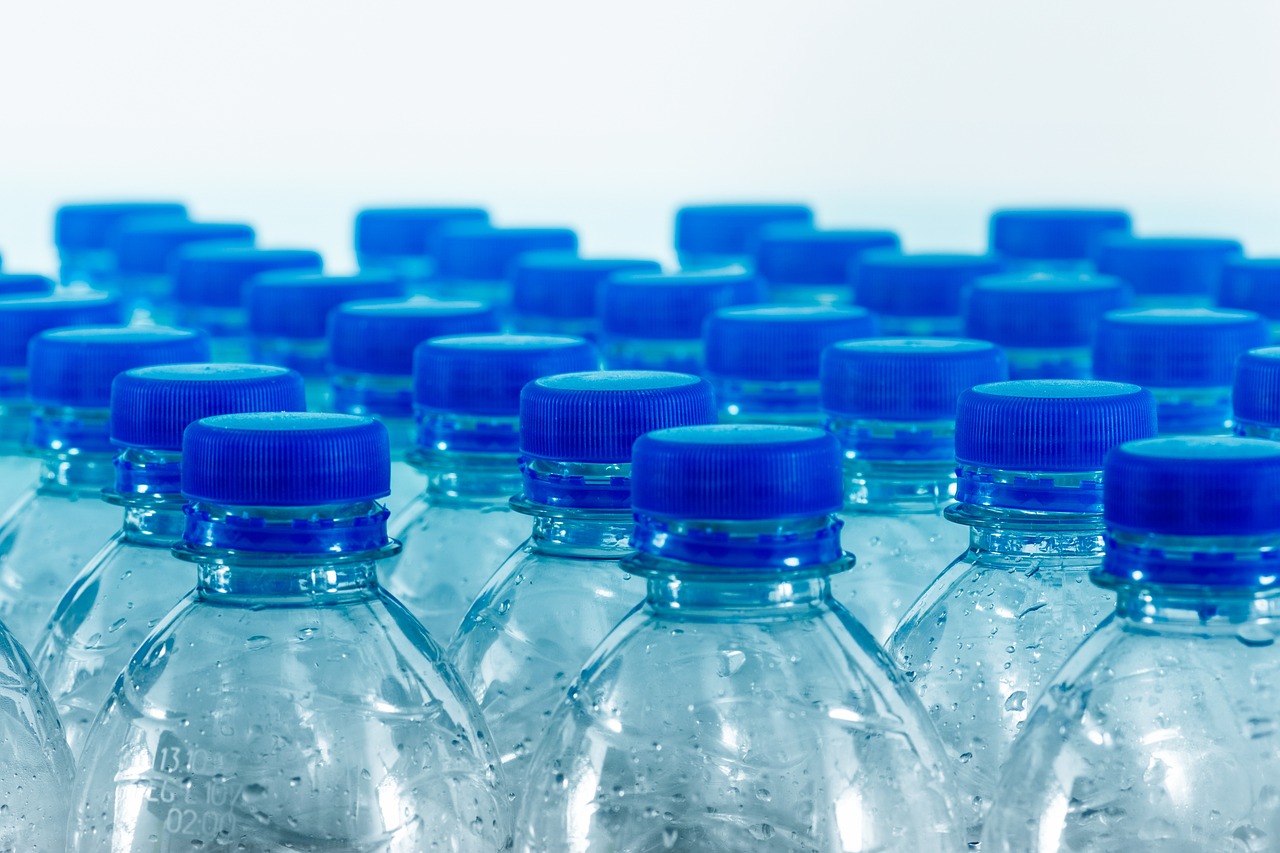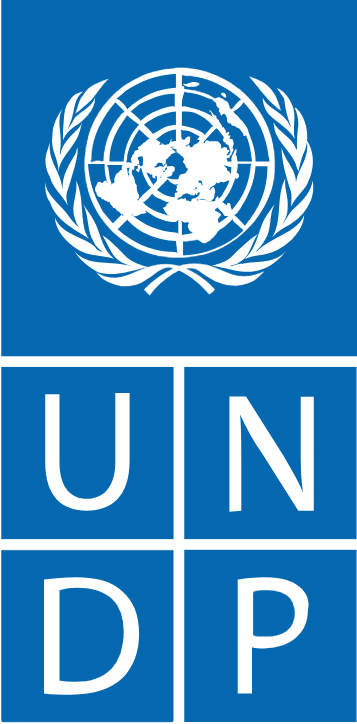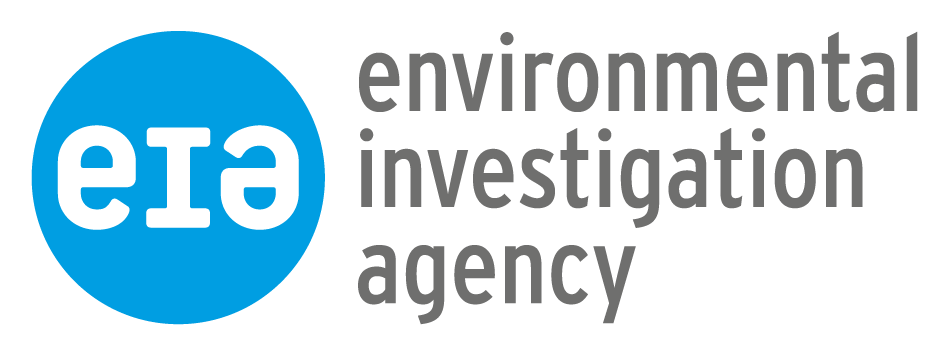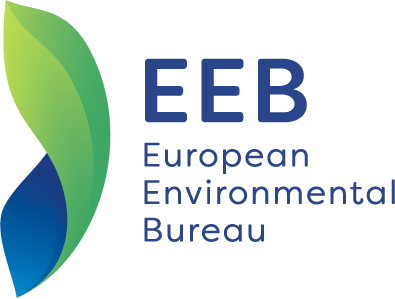CEJAD is an accredited NGO of the United Nations Environment Programme (UNEP) and undertakes advocacy programs seeking to eliminate exposure to toxic chemicals by both humans and the environment.
We are part of a number of impactful alliances and campaign coalitions, such as IPEN, GAIA, BFFP, PAN , World Alliance for Mercury Free Dentistry and Zero Mercury Working Group. where we cooperate with other NGOs and researchers, advocating for a toxic free future for all.
Our Strategy
Our strategy consists of four main pillars:
- Research on chemical pollution to avail evidence for policy reforms.
- Engaging grassroots to inspire uptake change towards the use of safer alternatives.
- Dialogue with policymakers and regulatory agencies.
- Contribute to global policies through direct participation and collaboration with international networks.




